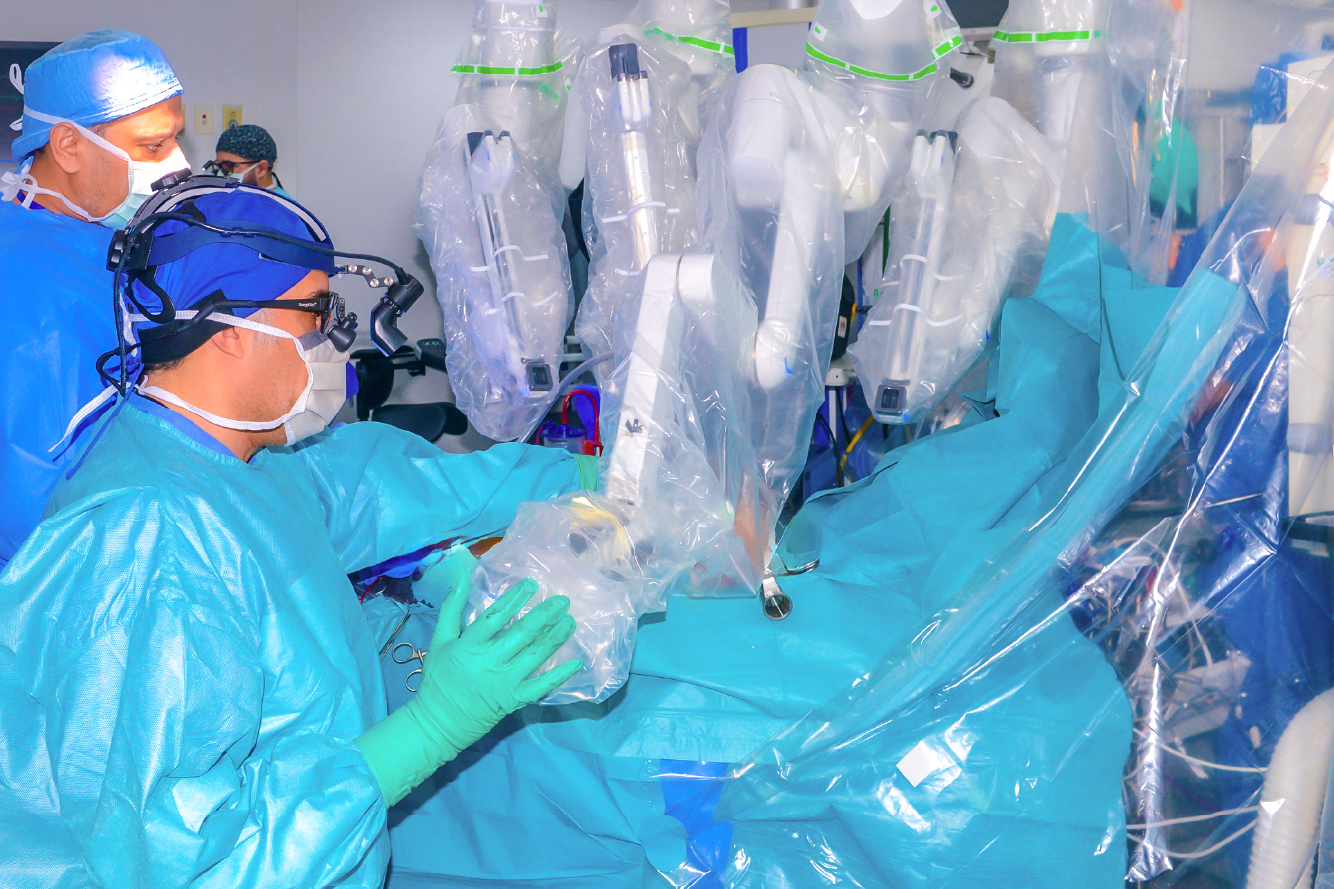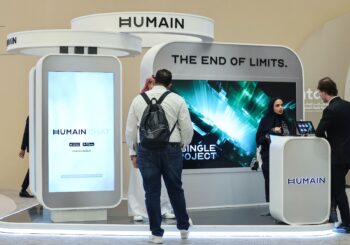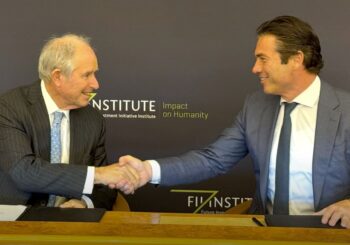King Faisal Specialist Hospital and Research Centre (KFSHRC) in Riyadh recently performed 10 kidney exchange transplants over two consecutive days, setting a global record. The procedures took place on August 13, coinciding with World Organ Donation Day.
But what exactly is a kidney exchange, and why is this achievement significant?
A Different Kind of Kidney Donation
When someone needs a kidney transplant, the ideal situation is to receive one from a matching donor, often a family member. But in many cases, those willing to donate to a loved one are not a biological match. That is where kidney exchange programs come in.
In a paired kidney exchange, two or more donor-recipient pairs agree to swap donors. Each donor gives a kidney to someone they do not know, so their own relative or friend can receive one in return. This system increases the chances of finding a match and makes transplants possible for patients who otherwise might not have had one.
At KFSHRC, 10 of these paired transplants were successfully completed in just 48 hours. This is the most performed at a single center in such a short time.
How It Was Done
The hospital credited the achievement to its strong clinical infrastructure, experience with complex procedures, and its ability to quickly coordinate across multiple teams. Matching donors and recipients in such exchanges is logistically challenging and requires sophisticated systems and skilled personnel.
This is not the first time KFSHRC has led in the field. The hospital has performed more than 500 paired kidney transplants since launching its exchange program in 2011 and over 5,000 kidney transplants since 1981.
In 2024 alone, it also completed 80 pediatric kidney transplants, the highest annual number globally.
Why It Matters
Kidney failure is a growing public health issue, and organ shortages remain a major barrier. Paired exchange programs offer a creative and effective solution, especially in countries working to increase domestic organ donation.
KFSHRC’s milestone highlights the potential of these programs to help more patients, more quickly, and to reduce dependence on organ donation systems abroad.
The hospital’s leadership in the field reflects Saudi Arabia’s growing focus on specialized healthcare. According to recent rankings, KFSHRC is considered the top academic medical center in the Middle East and North Africa, and among the top 15 globally. It has also been recognized as the most valuable healthcare brand in the region.
As more hospitals around the world look to expand organ donation programs, KFSHRC’s record-setting transplant push may serve as a model for others. And for patients in need of a kidney, it is a sign of hope that new systems, and the right match, might not be as far off as they once seemed.








Comments (0)